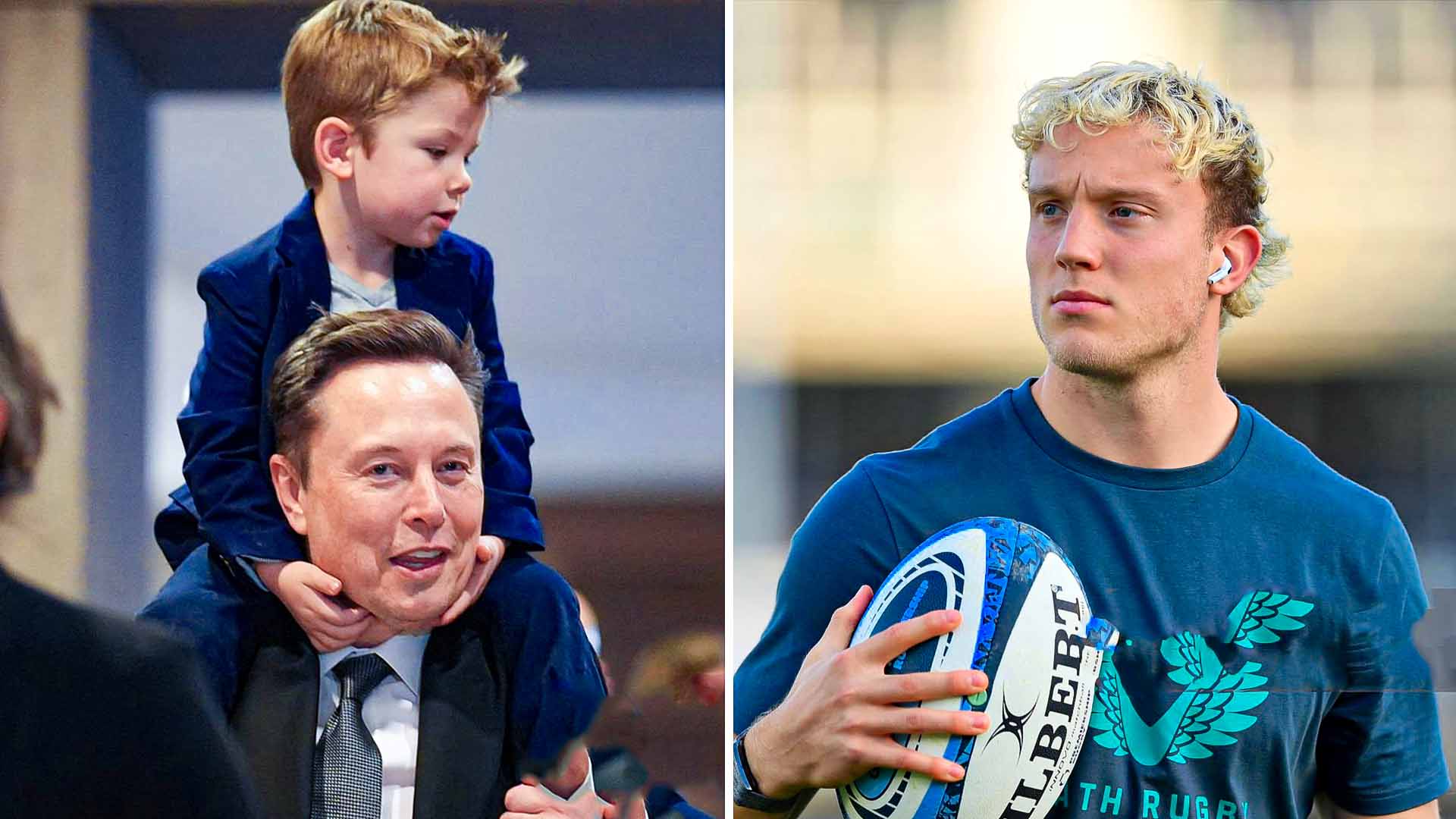Sam Harris, the neuroscientist-turned-philosopher and political commentator, has been publicly critical of Elon Musk, calling him a “clown” and discussing their ongoing rift.
This tension between the two prominent figures dates back to 2020, following a controversial text message exchange over the severity of the COVID-19 pandemic.
The rift between Harris and Musk started in March 2020 when Musk tweeted that the “coronavirus panic is dumb.” Harris, who has been vocal about his concerns regarding the pandemic, immediately disagreed with Musk’s stance.
Harris, in an attempt to convince Musk of the severity of the virus, texted him, urging him to reconsider his position and to help by utilizing his engineering resources to produce ventilators. However, Musk, seemingly unconcerned, replied to Harris’s message with a dismissive comment: “Sam, you of all people should not be concerned about this.”
The two exchanged texts, with Musk suggesting a wager on the matter. Musk allegedly offered $1 million for charity if the number of COVID-19 cases in the U.S. remained under 35,000, while Harris countered with a $1,000 bottle of tequila.
Harris accepted the bet, but when the pandemic’s death toll soared past 35,000 deaths — not just cases — Harris reached out to Musk again, texting: “Is (35,000 deaths + 600,000 cases) > 35,000 cases?” After sending this message, however, Harris claims he never heard from Musk again.
This text exchange, according to Harris, marked the end of their friendship. By May 2022, more than two years after the bet, it was reported that over 1 million people in the U.S. had died from COVID-19, confirming that the pandemic’s impact was far worse than Musk had anticipated.
Harris’s frustration over the situation deepened, especially as Musk continued to voice increasingly polarizing opinions and criticisms, including attacks on Harris.
Harris’s frustration with Musk wasn’t just about their disagreement over the pandemic. In the aftermath of the bet and the fallout from their broken friendship, Harris began to notice that Musk had started maligning him on Twitter (now X, following Musk’s acquisition of the platform in 2022).
Harris pointed out that many of Musk’s accusations against him were based on “imaginary offenses,” which were shared and archived by users on the platform. The constant negativity and personal attacks prompted Harris to abandon Twitter altogether, recognizing the toxic impact it had on his life and noting that Musk’s behavior on the platform was troubling to witness.
Musk’s behavior on Twitter/X, and his apparent fixation on attacking Harris, led Harris to make the decision to disconnect from the platform entirely. He emphasized that he had been away from Twitter for over two years, yet Musk continued to publicly criticize him.
Harris wrote that it was not only the platform’s detrimental effect on his own life that prompted his departure but also the harmful effect it seemed to have on Musk. Harris expressed concern over how Twitter/X appeared to be transforming Musk, making him more aggressive and divisive.
While Harris’s focus is on Musk’s behavior on social media, he also touched on Musk’s immense wealth and influence. Musk has accumulated an extraordinary fortune, reportedly growing by $200 billion in recent years.
Harris acknowledged the vast resources Musk now controls and suggested that with such wealth comes a certain responsibility — a responsibility to focus on solving the world’s pressing problems rather than spreading misinformation on platforms like Twitter/X.
Despite their disagreement over COVID-19 and Musk’s subsequent attacks, Harris seemed to express a sense of disappointment, wondering why someone with Musk’s immense capabilities and access to resources would choose to focus on divisive rhetoric rather than using his influence for the greater good.
Harris hoped that Musk would reflect on his position and consider how he might use his wealth and platform to address critical issues facing the world today, such as climate change, inequality, and technological advancement.
In conclusion, Harris painted a picture of Musk as a figure who, despite his extraordinary potential to shape history, seems to be undermining his own legacy through petty disputes, spreading lies, and engaging in destructive behavior online.
For Harris, this is a tragedy, as he believes that Musk’s power could be used to solve some of the world’s biggest challenges. Instead, Harris suggests that Musk is squandering his opportunity by focusing on personal vendettas and trivial conflicts.
